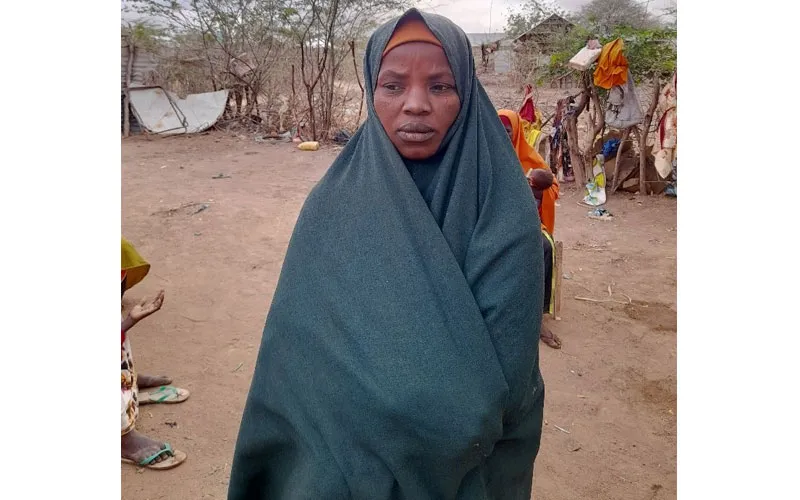Mogadishu, 19 August, 2022 / 11:17 pm (ACI Africa).
Various organizations that received Pope Francis’ August 14 appeal concerning Somalia’s “serious humanitarian crisis” owing to drought and famine are expressing their interest to help.
In a Friday, August 19 interview with ACI Africa, the Director of Caritas Somalia, Sara Ben Rached, said that the Catholic entity has already started engaging with organizations that have come forward to offer support to the people who are facing starvation.
“Caritas Somalia is presenting several projects to the various organizations that came forward after the Pope’s appeal,” the Director of the Catholic humanitarian agency that responds to catastrophes in the Horn of Africa country since its establishment in 1980 said.
In his address after leading the Angelus prayer on August 14 at the Vatican’s St. Peter’s Square, Pope Francis drew the attention of the international community to what he described as a “serious humanitarian crisis” that he said the people of God in Somalia and other countries in the Horn of Africa are facing.
The Holy Father said the people in the affected African countries are in danger of death due to famine caused by drought.








